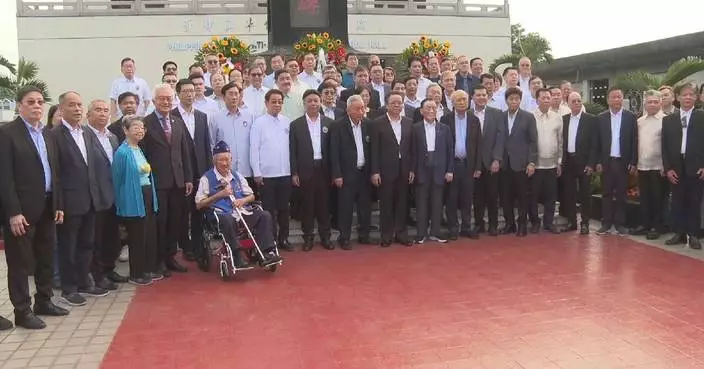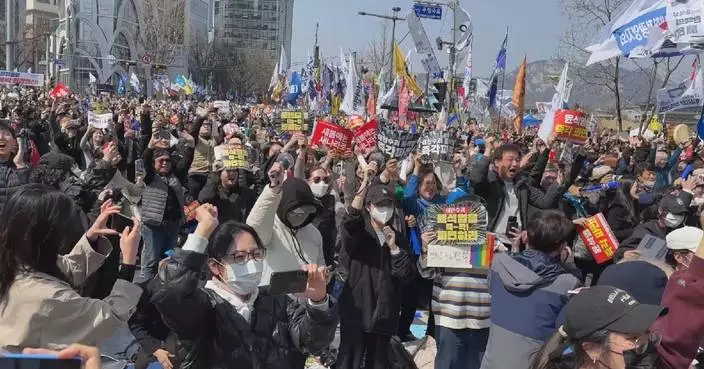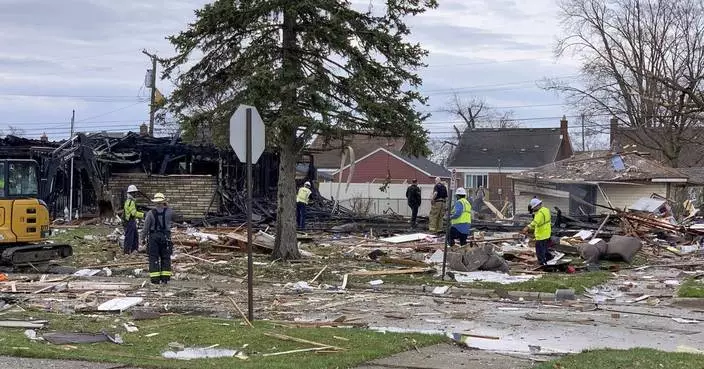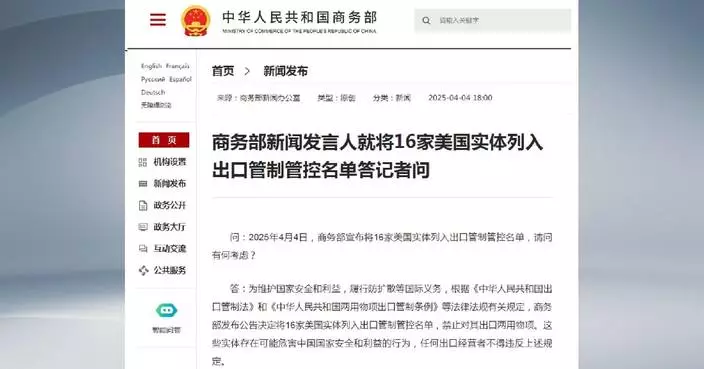Residents of earthquake-damaged areas of Myanmar are in urgent need of safe drinking water, health care, and temporary shelter after Friday's devastating quake, according to Arnaud de Baecque the head of the International Committee of the Red Cross (ICRC) delegation in Myanmar.
The quake hit the center of Myanmar, with an epicenter close to Mandalay, the country's second-largest city.
Despite international rescue and relief efforts, residents are living in harsh conditions and facing multiple challenges, de Baecque said.
"People are sleeping in the street, people are trying to access medical care, but the buildings are damaged as well. The hospital and primary health-care center cannot be used for now. We have sent already some reinforcement from Yangon together with the National Society of the Myanmar Red Cross to support the initial efforts. And we know also that we've seen the Chinese response, including the search and rescue teams that are still active in the first few days. We hope to find more survivors. And also the support given by the Chinese Red Cross society that is integrated into the general effort," said de Baecque.
The most urgent needs of the affected residents are clean water, health care, especially for the elderly, and safe shelter, according to the ICRC official, with scorching temperatures adding to the challenges.
"Access to safe drinking water is a priority. As the electricity is down, the water pumping system is not working, so the treatment of the water is not happening, temperatures are very high. We're reaching the hot season up to 40 degrees Celsius. Support for old people injured during the earthquake and their health in general would be the second one. And the third is support for livelihood and people who cannot access their homes and their kitchens just to keep having food and a way of sleeping in a safe manner, even if it's outside in the street," said de Baecque.
The death toll from the 7.9-magnitude earthquake has risen to 2,719, with 4,521 people injured and more than 440 listed as missing, according to an announcement on Tuesday from Myanmar's leader Min Aung Hlaing.

Myanmar residents lack clean water, health care, shelter after quake: Red Cross official

Myanmar residents lack clean water, health care, shelter after quake: Red Cross official
China is to impose a matching 34 percent tariffs on all U.S. imports, plus export controls, and trade restrictions, in response to the U.S. move to impose a 34 percent "reciprocal tariff" on Chinese imports, a spokesperson for the Ministry of Commerce announced on Friday.
The spokesperson said that the U.S. imposition of so-called "reciprocal tariffs" seriously violates WTO rules, harms the legitimate rights and interests of the WTO members, and undermines the multilateral trade system and global economic order.
Calling it a typical act of unilateral bullying that threatens global trade stability, China has filed a complaint against the U.S. move under the WTO dispute settlement mechanism, the spokesperson said.
Meanwhile, the Customs Tariff Commission of the State Council announced on Friday that the imposition of the 34-percent tariffs on all products imported from the United States would take effect on 12:01, April 10, while the U.S. imposition is set to take effect on April 9.
Also on Friday, the Ministry of Commerce issued announcement No.18 of 2025, imposing export controls on seven types of middle-heavy rare earth elements, including samarium, gadolinium, terbium, dysprosium, lutetium, scandium, and yttrium.
The Ministry of Commerce also issued announcement No.21 of 2025, adding 16 U.S. military-related entities to the export control list, prohibiting the export of dual-use items to these entities.
The work mechanism for the unreliable entity list issued announcement No.7 of 2025, which added 11 U.S. companies on the unreliable entity list, prohibiting them from engaging in import and export activities related to China, and prohibiting them from making new investments in China.
The Ministry of Commerce issued announcements No.19 and No.20 of 2025, launching an anti-dumping investigation into imported medical CT tubes originating from the U.S. and other regions, and initiating China's first industry competitiveness investigation into imported medical CT tubes.
Also on Friday, the General Administration of Customs issued announcements No.54 and No.55, stating that in order to protect the health of Chinese consumers and ensure the safety of China's livestock production, it has decided to suspend the qualification of one U.S. company for exporting sorghum to China, suspend the qualification of three U.S. companies for exporting poultry bone meal to China, and suspend the export of poultry products to China from two U.S. companies, as their imports are found problematic in the inspection and quarantine.
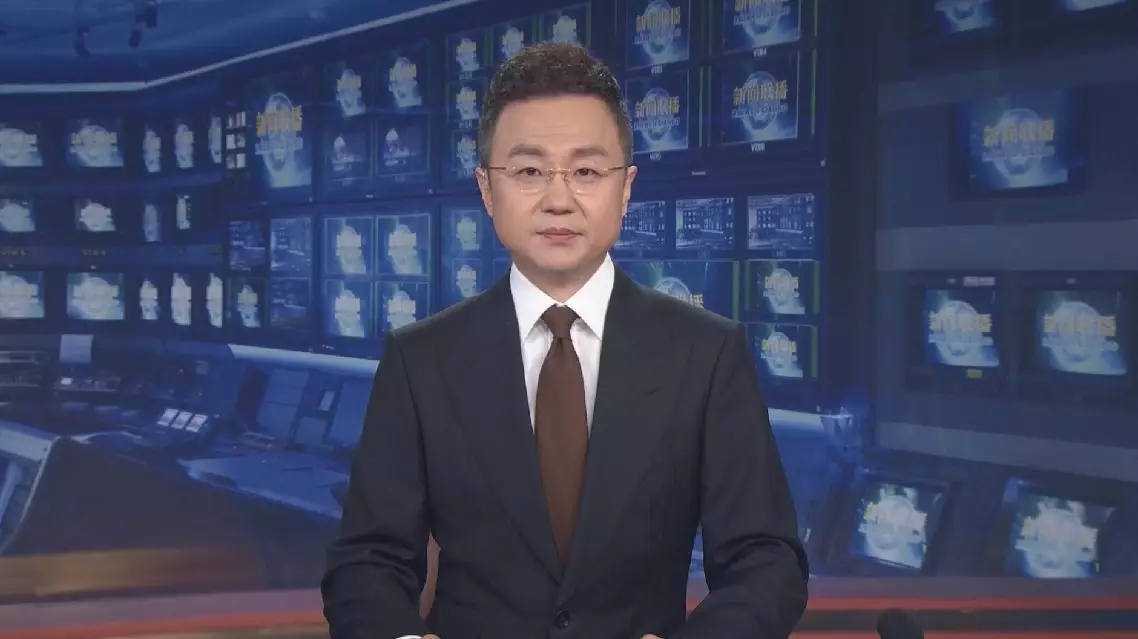
China to control export, restrict trade with US plus tariffs








